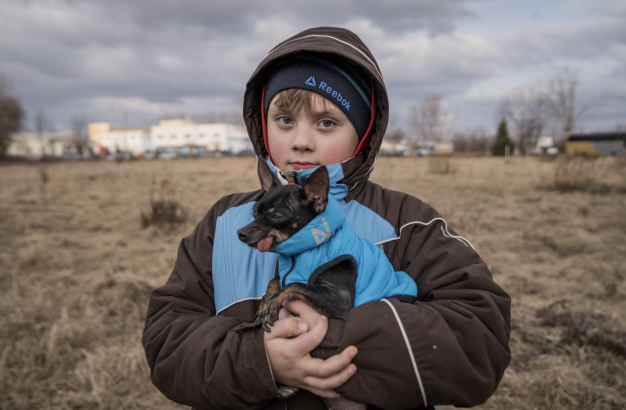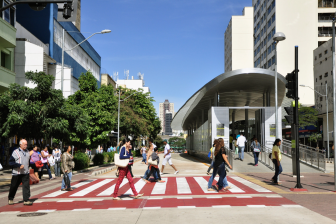
Hardship and war in 2024 will affect children more than ever – UN
Better global collaboration is needed to protect children, says UN children’s charity UNICEF, which warns that 2024 is likely see young people exposed to even higher levels of economic hardship, war and violence.
In its annual report on the state of the world affecting children, UNICEF says that conflict and continued economic uncertainty will dominate the short term future.
Slow economic growth, it says, is undermining years of progress on child poverty reduction, making it difficult for young people to access global job markets.
And if international trade feels the knock-on effects of distrust and tit-for-tat tariffs in the geo-political arena, food prices could increase, leading to child nutrition suffering.
The best way therefore to safeguard children, says the report, Prospects for Children 2024: Cooperation in a Fragmented World is economic solidarity, market collaboration, and investment in future skills.
‘Stronger collective action’
World leaders – or what UNICEF calls a ‘fragmented multilateral system’ – are not delivering on the key issues for children, which is limiting efforts to address ‘grave violations’ of child rights, making it more difficult to assess the risks, including the climate crisis, and prevent the collective actions that are needed.
‘Stronger collective action, global governance and financing reforms’ are what will help reset the system for the benefit of children, adds the report.
“Developing economies still face fiscal structural inequities…this means that resources, opportunities, and power are not distributed equally, limiting a country’s ability to invest in children,” it says. “As a result, many citizens are reliant on remittances to cover their health and education costs. New technologies and reforms to lending could offer hope for a more egalitarian future.”
There are dozens of national elections planned for 2024, says the report, yet ‘unprecedented risks’ to global democracy from disinformation and political violence are ‘threatening the rights and services of children’. The fall out from this includes disruption to public services, school closures, physical and emotional harm and, put plainly, loss of life.
‘Online activism’
There is hope though, and much of this is the result of young people themselves rising up to speak out about the issues that are affecting them. As the report says: “Young people are expressing dissatisfaction in democracy, but they are channelling their energy into constructive civic action and online activism.”
The report also looks at the regulation of artificial intelligence (AI), saying that the potential impacts of unchecked technologies like AI are ‘reigniting fear and concern for children’s well-being’. However, better policies and regulation can help negate the risks.
“The world faces a choice between a future of further fragmentation and division, or one of collaboration and cooperation, in which opportunities are harnessed, to forge a. more secure, equitable world for children,” concludes the report.




